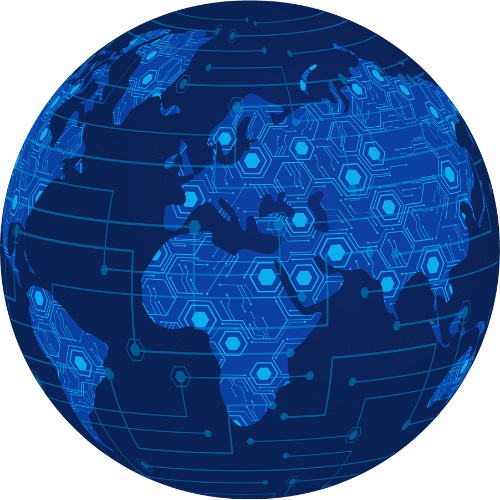

Packers vs. Commanders: Thursday Night Football Bets, Preview
Several Milwaukee Brewers baseball players went to watch the Green Bay Packers football game on September 11. The Packers played against the Washington Commanders at Lambeau Field in Green Bay. The Brewers players who attended were Brice Turang, Sal Frelick, Caleb Durbin, Andrew Vaughn, Erick Fedde and Joey Ortiz. Joey Ortiz, who was already a…

SaaS Mobile Apps: The Future of Work in the Palm of Your Hand
The emergence of Software as a Service (SaaS) mobile applications has significantly reshaped the landscape of modern workplaces. Over the past decade, businesses have increasingly adopted cloud-based solutions that allow employees to access software applications via mobile devices. This shift is largely driven by the need for flexibility and efficiency in an ever-evolving work environment….

Services vs Solutions: Understanding the Key Distinctions and Benefits
In the realm of business and technology, the terms “services” and “solutions” are often used interchangeably, yet they embody distinct concepts that cater to different needs. Services refer to intangible offerings that provide value through expertise, support, or functionality. These can include consulting, maintenance, customer support, and various forms of professional assistance. For instance, a…

SaaS Providers: The Key to Unlocking Your Company’s Potential
Software as a Service (SaaS) providers have emerged as pivotal players in the modern business landscape, offering cloud-based solutions that facilitate various operational needs. By delivering software applications over the internet, these providers eliminate the need for extensive on-premises infrastructure, allowing companies to access tools and services from anywhere with an internet connection. This accessibility…

Unleashing the Power of AI: How Our SaaS Company is Leading the Charge
The integration of artificial intelligence (AI) into Software as a Service (SaaS) has marked a significant turning point in the tech industry. As businesses increasingly seek efficiency and innovation, AI has emerged as a critical component in enhancing SaaS offerings. Our company stands at the forefront of this transformation, leveraging advanced algorithms and machine learning…

From Automation to Optimization: How AI is Transforming SaaS Solutions
Software as a Service (SaaS) has undergone a significant transformation since its inception. Initially, the primary focus was on automating routine tasks, allowing businesses to streamline operations and reduce manual effort. Early SaaS solutions provided essential functionalities such as email management, customer relationship management (CRM), and project management tools. These applications enabled organizations to access…

AI-Powered B2B SaaS: The Ultimate Solution for Streamlining Business Operations
The rise of AI-powered B2B SaaS (Business-to-Business Software as a Service) has brought about a revolution in the way businesses operate. This innovative technology leverages artificial intelligence to streamline and optimize various business processes, ranging from customer relationship management to supply chain management. By harnessing the power of AI, B2B SaaS solutions are able to…

Top 10 SaaS Directories Every Business Owner Should Know About
Software as a Service (SaaS) has revolutionized the way businesses operate, offering cost-effective and scalable solutions for various operational needs. SaaS directories serve as a comprehensive repository of these cloud-based software solutions, providing business owners with a one-stop platform to explore, compare, and select the most suitable SaaS products for their specific requirements. These directories…

Revolutionizing Business with AI: 5 Must-See SaaS Projects
Artificial Intelligence (AI) has emerged as a transformative force in the realm of Software as a Service (SaaS) projects, revolutionizing the way businesses operate and deliver value to their customers. By leveraging AI, SaaS projects are able to streamline processes, enhance decision-making, and drive innovation across various industries. The integration of AI into SaaS solutions…

Boost Productivity and Efficiency with SaaS Automation Tools
In today’s fast-paced business environment, organizations are constantly seeking ways to enhance productivity and streamline operations. Software as a Service (SaaS) automation tools have emerged as a pivotal solution, enabling businesses to automate repetitive tasks, reduce human error, and optimize workflows. By leveraging these tools, companies can not only save time but also allocate resources…
- 1
- 2

















